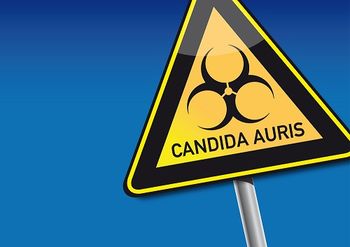
Cases of C auris have been reported in 12 states. Investigators believe they’ve found a new way to attack the fungus using combinations of antifungal and antibacterial medications.

Cases of C auris have been reported in 12 states. Investigators believe they’ve found a new way to attack the fungus using combinations of antifungal and antibacterial medications.

Bacteriophages found in kitchen sponges may hold promise for the treatment of antimicrobial-resistant bacterial infections.

The global emergence of antimicrobial resistance among gram-negative species is a major public health concern.

A symposium at ASM Microbe 2019 considered some specific examples of how bacteriophage shape the microbiome and also zoomed out for a higher-altitude view of the microbiome.

A look at the latest developments in drugs intended to quell gram-positive pathogens, including Clostridioides difficile and non-tuberculosis mycobacterial infections, as presented at ASM Microbe 2019.
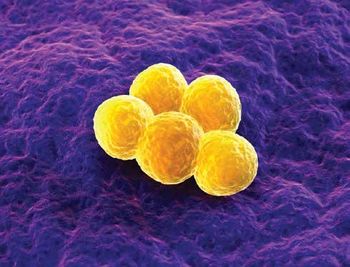
Australian investigators conducted an assessment to determine if cannabidiol was effective at killing a range of gram-positive bacteria.
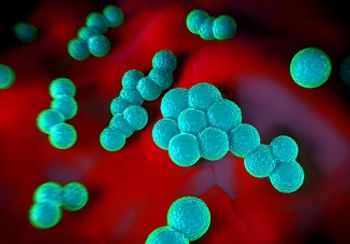
The research team used single site testing for 1442 (32%) patients with 54 positive (4%) results. Multiple site testing was performed on 3037 (68%) patients and 255 (8%) were positive from at least 1 site tested.
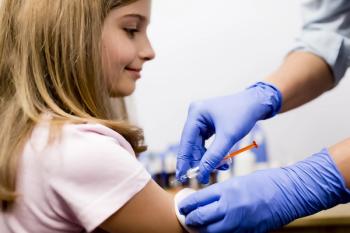
Survey results emphasize the value of educating full-time students with science- and health care-focused majors about vaccines.
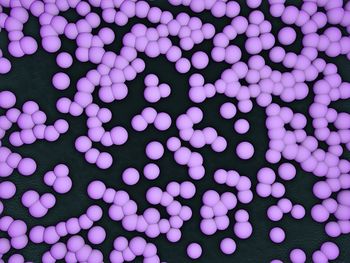
De-escalation to monotherapy upon bacteremia resolution did not result in unfavorable outcome differences compared with those who continued combination therapy.

Ellie J C Goldstein, MD, discusses how physicians need to rely on the data that is available when selecting an antibiotic.

Research presented at the 2018 ASM Microbe Meeting has reinforced the value of the just-approved next-generation aminoglycoside antibiotic, plazomicin, in treating multidrug-resistant Enterobacteriaceae.

Ellie J C Goldstein, MD, stresses the importance of improving transition of care with better communication.

SCY-078 has demonstrated potent activity against Aspergillus and Candida, recent data suggests.
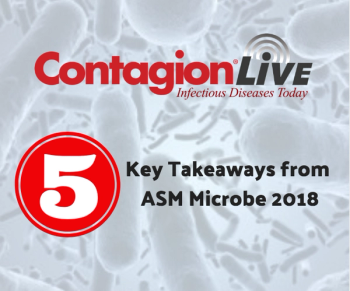
The American Society for Microbiology’s (ASM) annual meeting, held June 7-11, 2018, in Atlanta, Georgia, featured results of numerous studies on and advancements being made in infectious diseases. Here are 5 key takeaways from the meeting.

Stay up-to-date on the latest infectious disease news by checking out our top 5 articles of the week.

Single-dose vaccines delivered via a new technology platform may offer full protection against Zika, Lassa fever, and Ebola.

IMI/REL was effective against isolates from the United States and Europe.

Researchers find that Treg cells could be vital in protecting infants in the womb from mother-to-child HIV transmission.

Researchers from the Chang-Gung Memorial Hospital find that half of influenza cases in patients admitted to the ICU received a false-negative rapid influenza antigen test.
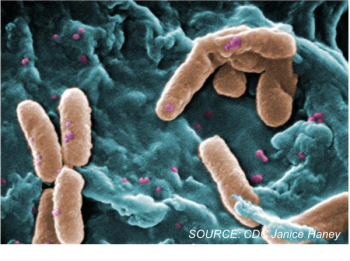
In the past 17 years, the number of hospitalizations due to cUTIs has risen by 50%.
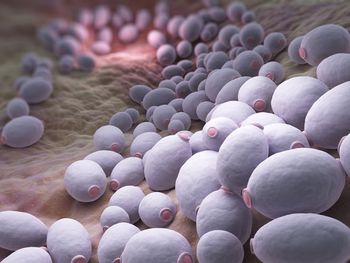
Emerging Candida species prove capable of virulent spread in health care facilities, leading to outbreaks.

Pooled analyses of 2 phase 3 trials have conclusively established the safety and effectiveness of iclaprim compared to vancomycin in the treatment of acute bacterial skin and skin structure infections (ABSSSI).

The President’s Forum at this year’s ASM Microbe meeting opened the eyes of many in the audience to the capacity of microorganisms to evolve.

The incidence of IE was lower in patients having a lower white blood cell count and lower numbers of platelets.

The results of a new study have revealed that carbapenem resistance conferred by plasmids can be transferred among unrelated bacteria in the health care setting.

Xingmin Sun, PhD, shares current progress on developing a vaccine for Clostridium difficile infection.

Xingmin Sun, PhD, discusses aspects that need to be considered before developing a vaccine for Clostridium difficile.

The pooled results have hammered home the promise of eravacycline for the treatment of patients with cIAIs who are colonized by drug-resistant bacteria.
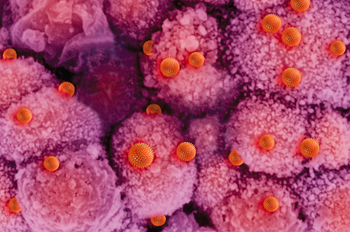
Anne Schuchat, MD, provides some history and insights on CDC’s role in safeguarding public health when the microbial world collides with the human world.
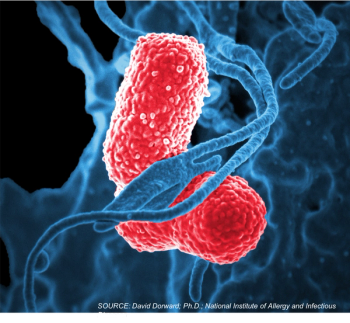
An extremely virulent (hypermucoviscous) strain of Klebsiella pneumoniae that is resistant to carbapenem and colistin has been isolated for the first time from a patient in the United States.